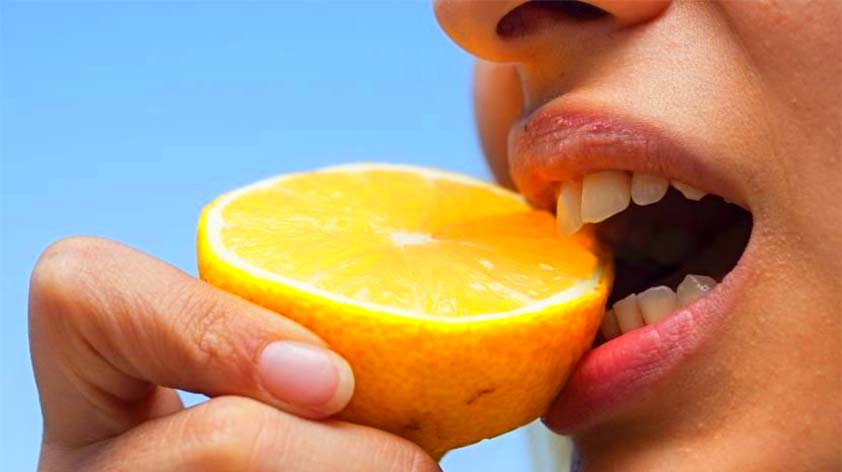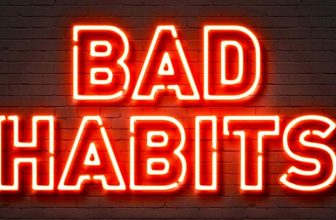
The New Year 2019 is now upon us and many people are feeling the effects of weeks’ of excessive consumption of food and booze, and during the month of extreme January dieting and detoxes abound, usually fuelled by a heavy dose of guilt! It’s human nature to want to eat healthier and to eat less after a period of overindulgence, but we know that diets don’t work and particularly the idea of New Year or ‘January dieting’ – it’s doomed to failure. Don’t worry though, we’ve got you covered, read on for How to Avoid Extreme January Dieting!
You won’t stick to it (think of the diets you haven’t stuck to before) and it goes against your inbuilt instincts to restrict food intake drastically, not to mention that it’s so much harder to eat healthily after your body has been over stuffed with sugar for a consistent period – your body will be craving more and more. Extreme January dieting perpetuates ‘all or nothing’ thinking – we know that life is better with balance and besides, January can be such a cold, gloomy month, that it’s not the right time to deprive your body and soul of nutrient rich comfort foods!
If you really must make New Year’s resolutions around food, then make the resolution to use my simple yet powerful techniques that will literally reprogram your mind so that you think and feel differently about food and won’t ever have to consider dieting again.
New Year does offer you a great incentive and the motivation to start something new, do something you’ve been putting off, or improve on something you’ve been dabbling with! Before you even set a goal what you need to know is that your ‘incentive’ is the most important thing to consider.
I always find these two questions really helpful when helping friends or clients set goals:
1. What’s the best thing that will happen if you achieve your goal?
2. What’s the worst thing that will happen if you don’t?
The first one is the easiest one to answer as clearly your goal is going to be something you would like to achieve so by default, it must have benefits. The most revealing information comes from your answer to question 2. Just think about it now, what is the worst thing that will happen if you don’t achieve your goal? If there’s not a definite answer to this then it becomes too easy to give up.
You can stay motivated to give up chocolate, pastries and sugar etc. for a set period of time as long as you know there’s an end to it. But, if you really want to create lifelong habits and rituals, it’s vital that you learn to love what you do and the habits you create.
Motivation gets you started – but habits are what keep you going. The chemical formula for motivation is based on producing dopamine. Every emotion you have has a chemical signature or prescription, and this determines how you think and behave. In order to feel demotivated, you have to focus on the negative aspects of (for example) going out for a walk in the cold, or not eating that mince pie you really want. When you do that, you activate the pain centres in your brain, and as you are neurologically programmed to avoid pain, there’s no way you’ll follow through with it.
One of the easiest ways to activate the pleasure centres and increase dopamine production, is to use your imagination and visualise the end result: if you want to eat well in 2019 that means not just seeing yourself slimmer; maybe you’ve been slimmer before through grit, determination and deprivation, which will have created some pretty powerful negative associations with “dieting”. This is the main reason why you have to imagine how you’ll feel when you’ve resisted the temptation to overeat yet feel energised, comfortable and satisfied without feeling sick!
You have to add a compelling emotion to the image to activate your neurology. It also has to be much more than just reaching a certain dress size, for most people that on it’s own is not a strong enough “why” to generate the motivation required.
So, my challenge to you as you embark on 2019 is to take a few minutes to write a list of 5 reasons why you want to eat well, lose weight, or keep your current healthy weight, and if they’re all things you have said before, tear the list up. You need to find what REALLY motivates you, what is the thing that makes your heart sing when you think about it? If you’re keeping your eye on your prize – what is the prize?
[Ed. Find out more about Janet’s programs via her website. Are you diving into January dieting? Which diets have you tried before and how did they go for you, the good, the bad, and the not-so-pleasant? Let us know in the comments below, join in the conversation on Facebook and follow us on Twitter & Instagram. Look out for our exclusive deep-dive interview with Janet Thomson talking about her groundbreaking online program “Colour Fast Reset” coming soon…Meantime, see our previous review of her book, The Placebo Diet, check out these diet/weight loss articles and these articles on fitness to help you get and KEEP Your Fit ON in 2019!]









